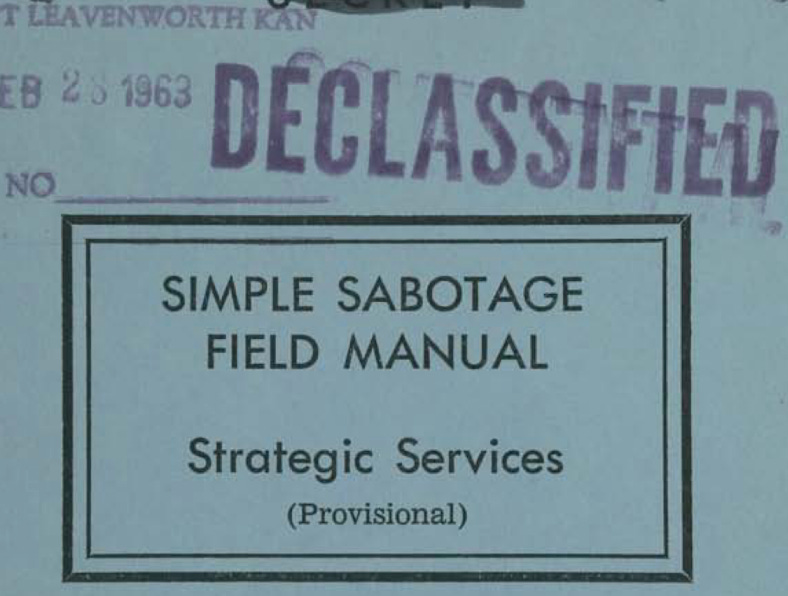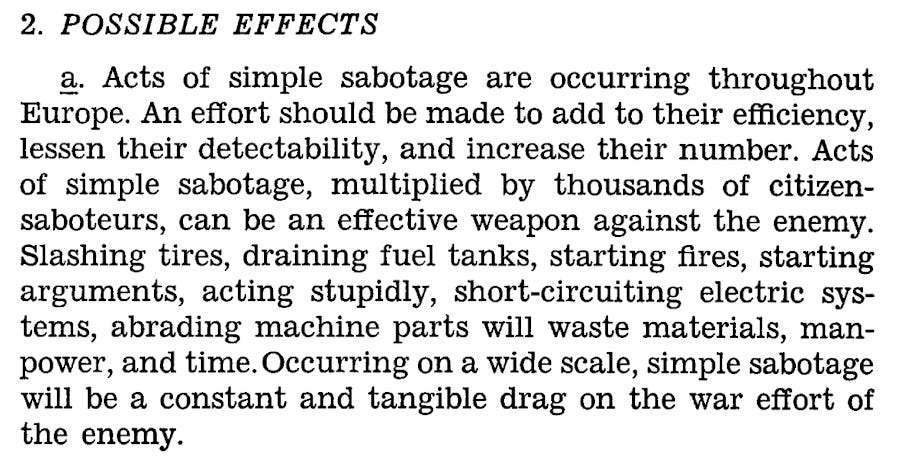Tell It Slant
Moby-Dick and the Inconspicuous Undermining of Authority
On Monday, in the Zoom Studio at The 24-Hour Room, a couple dozen writers and readers began a three-month endeavor: the communal reading aloud of Herman Melville’s Moby-Dick. This is the 27th book we’ve read together. We gather at a little past 7 and again at 10 a.m., Eastern Time, every weekday. Some come daily; some weekly; some every now and then; some even to both sessions; some listen; some take their turns at reading a page or two; some stay on the Zoom to write together in silence afterwards; some go on about their day in other ways. For all, I venture to say, it’s rewarding to read a text slowly, closely, out loud, in tandem with a group of likeminded readers.
I started these morning readings with the intent to foster and share my own writing practice in which I try to maintain the momentum of the Flow State I experience when fully immersed in reading and bring it to my own work by jumping more or less seamlessly from one text to the other. What I’ve found is that no matter how different the book at hand may be from what I’m writing, there’s always some insight about writing I can draw from it and apply to what I’m trying to create.
For the duration of this Fall, while we’re reading Moby-Dick, I decided I’d try to do an additional marathon on my own and share a short craft post, every day we read together, focussing on whatever aspect of Melville’s craft most inspires me in the day’s passage. You’re welcome to stop by in any day to check out what we do, and see if it helps you to ride the wave of Flow into your own writing. It’s pretty low key, and there’s no cost or obligation to become a regular. I hope you’ll join us, but since not everyone’s a morning person, or a Zoom person, I decided I’d also share my thoughts about what Melville can teach contemporary writers here as well.
Day 1 |9/22/25 | Extracts & Etymology
Undermining Authority by "telling it slant"
There's a lot in these early pages, even if the story hasn't started: Humor, irony, poetry, information, disinformation, lore, rumor, myth, appeals to authority, and the undermining of that authority.
The Hebrew word listed for "whale" in the Etymology, חן, turns out not actually to be the word for whale. It means "grace." There’s a scholarly controversy about whether this was an orthographical or other error on Melville’s part or an intentional “fake” mistake akin to some of the fake cetology in the chapter of that name, all excellently discussed by Kevin Haworth in an essay in MQR. I find myself siding strongly with those that don’t believe this was an error. So, grace? Could the Melville be telling us, right at the get-go, that his monstrous antagonist, the bête noire of Ahab and eventual killer of a shipful of men, is secretly not a harbinger of doom? Hmmn. It’s just a tiny word, two Hebrew letters, easily overlooked, but Melville’s planting of this apparent error is just the first of what soon becomes a tidal wave of subversions.
Consider the fact that the compositor of all the quotations in the Extracts section is a consumptive Sub-Sub-Librarian. He’s a comic figure, mocked by the narrator (who is not yet identified as Ishmael), directed to "give it up." Before we even get to it, the list of extracts he has compiled is called "higgeldy-piggeldy" and "not, in every case, at least ... veritable gospel cetology." For one of the ensuing quotations, the Sub-Sub hasn’t even managed to dredge up an actual source. The tagline reads merely "Edmund Burke. (somewhere)." So, is the Sub-Sub incompetant? Is this disparagement? No, I see it as subversion.
As a writer, I’m inspired by these introductory pages to find new ways to "Tell all the truth, but tell it slant," in the words of Melville's contemporary Emily Dickinson. Sometimes, when we’re challenging the status quo, we need to go sideways at a story or idea, perhaps even say what seems to be the opposite of what we mean, to get our truths heard and our real meaning across.
Restarting Moby-Dick yesterday rededicated me to working on new project, a near future dystopian story I'm thinking of calling "Field Manual to Simple Sabotage." It’s shape is derived from the byzantine alphanumeric structure of the declassified Office of Strategic Services document "Simple Sabotage Field Manual," first published by the U.S. government in 1944 to foment civil resistance in Axis-occupied countries. I’m planning to pit my protagonist against the Powers that Be, of course — or as the Field Manual calls them, "the Quisling Authorities." (Does anyone like "The Quisling Authorities" better for a title?) Anyway, thank you, Melville, for reminding me to not be so damned obvious about it. As he and the OSS both knew, any message I may want to get across will be better transmitted if done with a bit of stealth.
Good writing!





Provocative. I like the first title.
I am making intentions as well after a long period of catching the edges of disaster to overturn them into opportunities to rise. The Phoenix is my inspiration.